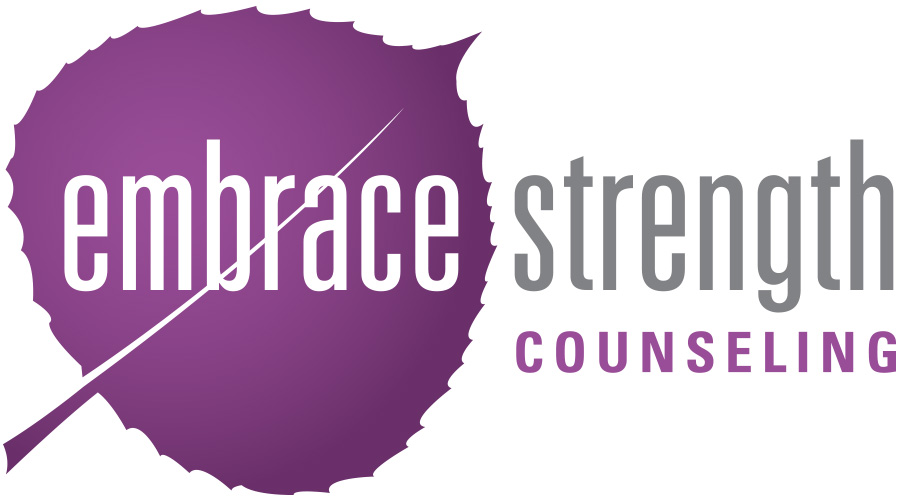One of the biggest reasons that the holidays can be triggering for a lot of people is re-experiencing trauma. A lot of us spend the holidays with our families. It’s expected and usually encouraged. However, if you were abused by a family member or there are decades of generational trauma, the entire experience can make you feel like you are back in an unsafe situation. If you are reading this article, I would hazard a guess that you are somewhere in your therapy journey. You may be just starting to think about seeking professional support, or maybe you have been in therapy for years. As you go through the therapy process you learn more about yourself and the world around you. In therapy, there is typically a focus on figuring out why you do what you do. With trauma, this can mean figuring out what event is triggering you. In some cases, this involves uncovering decades of family trauma.
What is generational trauma?
Generational trauma often comes in the form of harmful habitats that are passed down from parent to child. Something that I frequently see in my practice is the habit of not addressing uncomfortable situations or just ignoring anything negative. Another trend that I see is “tough love”. Tough love is defined by Oxford Languages as the “promotion of a person’s welfare, especially that of an addict, child, or criminal, by enforcing certain constraints on them or requiring them to take responsibility for their actions.”
Physical constraints that keep us from harming ourselves are invaluable. However, if children learn that negative feelings or negative events are “bad,” they are not given tools to deal with those emotions. It also creates the idea that negative emotions, such as fear, disgust, and sadness, are unsafe and should be avoided. The moment you begin to realize how much of yourself that has been suppressed or hidden from everyone else, the more you understand how to stop the cycle. Unfortunately, not everyone in your family will understand or agree with this idea.
Changing the status quo is scary. Most families do not mean to pass down these harmful habits. It’s all they know. Even if it’s harmful and they recognize the harm, changing a habit can be just as scary – if not scarier – than leaving it alone. When we all gather together, generations of us at the holidays, the one person who begins their healing process may feel like an outcast. It can be tempting to revert to old patterns. You may not have been happy before, nor did you feel safe, but it was familiar.
Here are a few things I do to survive the holidays.
- Surround yourself with comfort items. My favorite comfort items are music, tea, blankets, candles, and my puppies.
- Spend time in your therapy sessions to prepare for being with your family or other loved ones. Talk to your therapist about fears that you have and work together to problem-solve.
- Permit yourself to “make it through the holidays.” It is perfectly fine to say on January 2 that you’ve survived the holidays. If you find yourself adding judgment, make a mental note, and do your best to move on. Bring up your judgments during your next therapy session.
- Do not be afraid to stand up for yourself when you recognize a family member saying something that you find triggering. This could be a great time to share some psychoeducation with your family members. If you have a family that enjoys conversation, this can be an opportunity to talk about mental health. If you have a family that is not a believer in therapy or mental health, all you have to say is, “I feel uncomfortable with what you just said/did.”
- Schedule time to take a break. Make it clear that you would like to walk the dogs alone. Take the car out for a drive without the family if possible.
A core element of trauma is the fact that a traumatic event puts you in survival mode. This is the greatest tool that you have at your disposal during the holiday season. You have learned to survive incredible struggles and you are trying to live and thrive rather than just survive. It’s never safe to do too much of one thing, but your survival instincts have not failed you yet. Trust your instincts and the therapeutic process. My top five coping mechanisms have been honed over the years, and you can bet your bottom dollar that I will be using every single skill if the need arises.
If you would like to know more about this topic, reach out to Kaitlyn at kaitlyn@embracestrengthcounseling.com or contact our team. To schedule a free consultation or initial session, please call (303) 720-9424.

